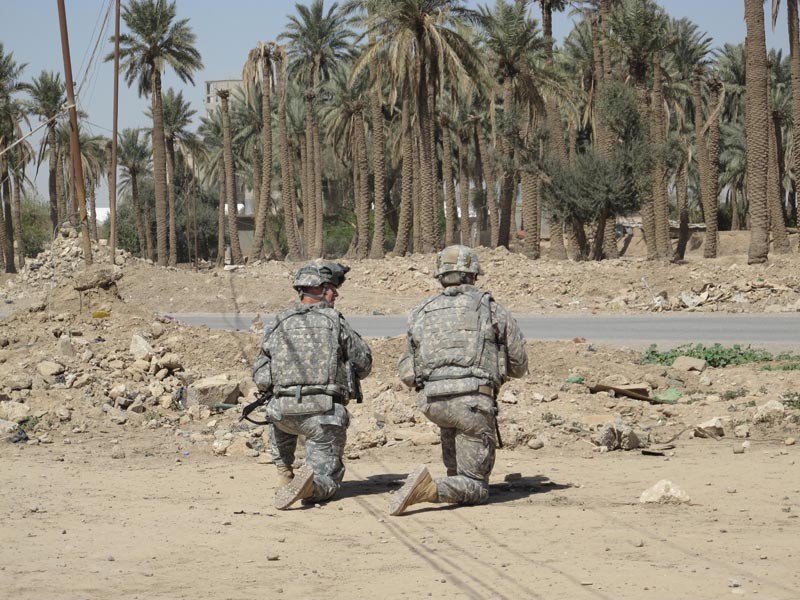The Possibility of ISIS 2.0: Part 2

In case you missed it, you can read Part 1 here.
08/02/2019 Washington D.C. (International Christian Concern) – Fire is not the only way in which Christians find themselves at the losing end. Mosul is only an hour drive away from Milad’s farm. The city is the administrative center of the Nineveh Plains, and was once the capital of ISIS’s caliphate. Mosuli Christians have not returned home, for they fear that ISIS militants have simply melted back into the shadows. Many displaced Christians travel there regularly, but they are always concerned about potential violence committed by ISIS.
“After the liberation, we thought it would take a while until everything settles down. But practically, people got more aggressive than before,” explained a displaced Christian student attending Mosul University. “In terms of ISIS activity, I think there [is] much more than what you are seeing on media.”
“It is individual cases that you may experience if you live in Mosul, or even if you do your college in Mosul. Christians, including my family, can’t think of going back to Mosul. There is nothing to go back to. Religions can’t protect the community, but the government is supposed to do (so),” she added.
Christians have good cause to be wary of the government’s protection. They have watched how the government has treated the Yazidis, a religious minority group targeted the most violently by ISIS. Whereas Christians were mostly allowed to leave their homes, Yazidis were either systematically killed or sexually enslaved. Many Christians know that next time, their situation may more closely resemble that of the Yazidis.
“I think ISIS still exists; a large portion of this government has the same approach as ISIS. When I got my freedom a year ago, I thought that it is over. I never expected the worst part is coming back,” explained a Yazidi woman who was sexually enslaved.
She continued, “I am sure that everyone who lives in Mosul is ISIS. I have a niece who was taken when she was two years old and now she is six. We claimed [custody] at the court, but the government is not helping us to get my niece back from the family in Mosul.”
This woman’s husband and two daughters are still missing. It is assumed that ISIS murdered her husband and that her daughters were also sexually enslaved.
Iraqi Christians are watching. They see the current activities of ISIS and how its ideology spread. They watch armed groups vie for control of the Nineveh Plains. They observe how the government fails to help other victims of ISIS. They try to see the difference between the government and ISIS. But to what end?
One Christian leader put it poignantly. “Christians in Iraq are like a candle. The [wax] drips, drips down. If I were not a priest, I would take my family and leave. But I am. And I must stay with my people until the end.”
A generation ago, over one million Christians lived in Iraq. It was a fruitful harvest. But for the sake of their families and lives, most have immigrated. Those left behind worry that they too will have no one. The current security situation in Iraq—whether it is an ISIS insurgency, competing militias, or both—must improve. Otherwise, the next cycle of genocide targeting religious minorities may just be around the corner.
To read more stories like this, sign up for ICC’s free monthly magazine.
